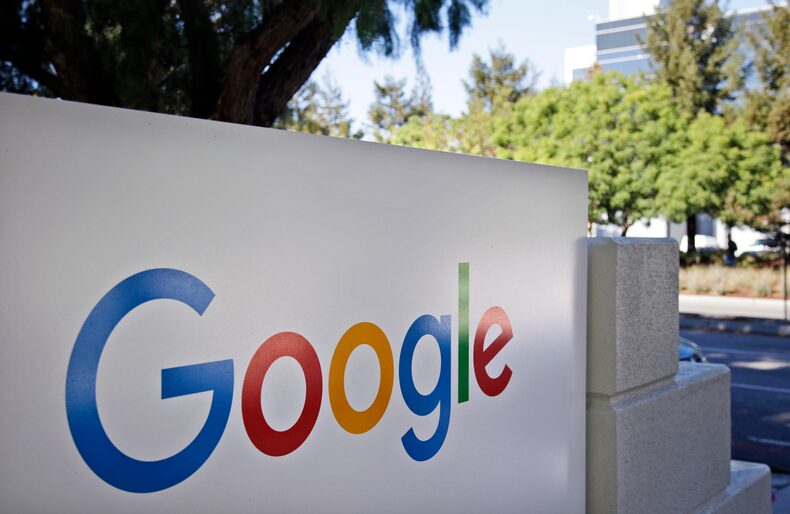Berlin-based Ecosia and Paris-based Qwant will create an alliance to develop their own European search index and reduce dependence on tech giants.
In a new attempt to confront the domination of Google Search During Internet searches, two companies announced that they would team up to develop a new project.
This is the German company Ecosia and its French competitor Qwant which already have their own search engines. As they announced a few days ago, they will join forces to develop your own European search index and reduce its dependence on technology giants.
What do we know about the agreement between the search engines Ecosia and Qwant
Ecosia based in Berlin, is a search engine like any other, but it has the particularity of being focused on sustainability. The company donates its profits to reforestation projects around the world and ensures that for every 50 searches on its platform, it plants a tree.
Qwant for its part, is a search engine based in Paris which is committed to protecting the confidentiality of users’ personal data .
The two companies revealed that they had agreed to create a non-profit company called European Research Perspective (EUSP) based in the French capital. This will aim to develop its own search index for Europe and will be led by Olivier Abecassis, CEO of Qwant.

Ownership of EUSP will be shared 50/50 between Ecosia and Qwant as explained in a press release. Added to this is the fact that they are not closed to other companies on the continent being associated with the project.
“The door is open and we are willing to talk to anyone,” he told the site. TechCrunch Olivier Abecassis, CEO of Qwant. “But we also want to focus and really secure the ability to invest with our existing shareholders,” he added.
Why Ecosia and Qwant want to create a European search index
Today, searches are almost entirely controlled by Google Search, which has over 90% market share.
Many “alternative” search engines rely directly on search results from Google or other large technology companies, such as Microsoft. This is the case of Ecosia and Qwant.
Both organizations also did not expand their back-end infrastructure, but relied on what already existed. Now, thanks to European Search Perspective, they will create their own search index which will bring together results from different engines.
The initiative will seek to prioritize privacy, using technologies that Qwant already had. At the same time they hear provide a much more personalized and robust search experience to users , strengthen digital sovereignty in Europe and “that the continent has a solid and independent alternative to existing research technologies” they pointed out.

When will the European Search Index be launched?
EUSP intends to launch its services on Ecosia and Qwant search engine traffic since first quarter 2025 . Both companies will be able to use the search index, but other independent search engines and technology companies will also be able to access the tool if they wish.
“This change will ultimately make the market more competitive and more diverse, with technology developed by the leading alternative search engines in Europe” explained Christian Kroll, CEO of Ecosia.
As described on the site CNBC The move also comes at a time when both companies have been forced to deal with a price increase from Microsoft to access the Bing Search API, software that allows developers to access its search infrastructure back-end.
“We are European companies and we must develop technology that ensures that no third party decisions (for example, Microsoft’s decision to increase the costs of accessing its search API) can endanger our business” , declared Olivier Abecassis to the aforementioned media.
Source: Latercera
I’m Rose Brown , a journalist and writer with over 10 years of experience in the news industry. I specialize in covering tennis-related news for Athletistic, a leading sports media website. My writing is highly regarded for its quick turnaround and accuracy, as well as my ability to tell compelling stories about the sport.


